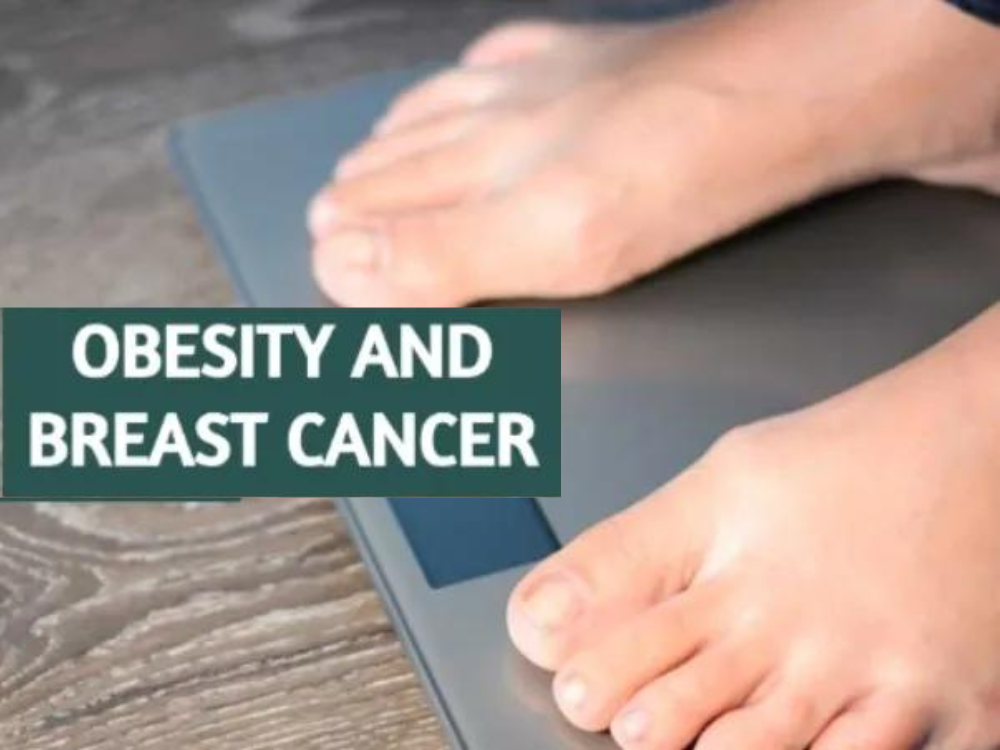
Radiation therapy treats cancer by using high energy to kill tumor cells. Many people who get radiation therapy have skin changes and some fatigue. Side effects vary from person to person; depending upon the radiation dose, and the part of the body being treated. Some patients have no side effects at all, while others have quite a few. There is no way to predict who will have side effects.
Skin changes may include dryness, itching, peeling, or blistering. These changes occur because radiation therapy damages healthy skin cells in treatment area.
Fatigue is often described as feeling worn out or exhausted.
How to Take Care of Yourself

1. Get enough sleep during radiation therapy. Simple strategies such as practicing a night time ritual, writing down your worries and avoiding naps, can help you cope with insomnia during treatment. It is also important that you talk to your doctor about fatigue and insomnia since these issues often go undiagnosed.

2. Treat skin exposed to radiation with TLC. Do not wash off the marks from the radiation simulation. Clean the skin gently with warm water and a mild soap. Avoid using powders, perfumes, lotions, aluminum deodorants, and products containing alcohol in the treatment area unless approved by your oncologist. Avoid putting anything hot or cold like heating pads and ice packs directly on the treated skin. If you spend time outdoors, wear a hat or clothing to protect your skin. After treatment, use sunscreen with SPF 30 or higher.

3. Maintain a well-balanced diet. While certain types of radiation therapy may require a change in your diet to minimize side effects like malnutrition and nausea, it is important to maintain your weight. It is also important to remember that radiation therapy is not the time to start a weight loss program.

4. Commit to physical activity. Exercising during radiation therapy can help with fatigue, mood issues and stress management. Even going for a walk for a few minutes can help.

5. Get the support you need. It may help to talk about your feelings and emotions with a close friend, family member, chaplain or other spiritual leader, nurse, social work counsellor or psychologist.




